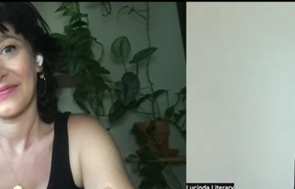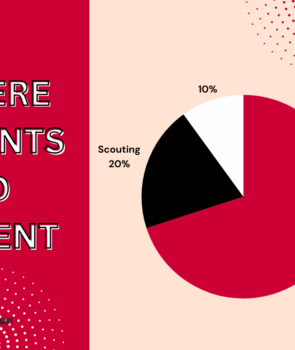Secrets of Highly Successful Writers: Part Three
You asked for strategies balancing writing with editing alongside the other demands of your day—we heard you, and we wanted to answer. In this final segment of our Secrets of Highly Successful Writers series (you can find Part One here and Part Two here) we queried some of our longtime clients to ask what’s worked most effectively for them.
 The first answer we collected is from a New York Times bestselling author and CEO who runs an incredibly time-consuming business. Her answer won’t surprise you: it involves making more time in your day, often by waking up an hour earlier than you would be inclined to normally, which for her is 5 am. Why? Because our brains are at their “freshest” first thing, before we’re faced with a million distractions. Like our author, you may enhance your mental workout with a physical one. She journals, meditates, and squeezes in a 10 minute HIIT workout six days a week—all before setting down to write.
The first answer we collected is from a New York Times bestselling author and CEO who runs an incredibly time-consuming business. Her answer won’t surprise you: it involves making more time in your day, often by waking up an hour earlier than you would be inclined to normally, which for her is 5 am. Why? Because our brains are at their “freshest” first thing, before we’re faced with a million distractions. Like our author, you may enhance your mental workout with a physical one. She journals, meditates, and squeezes in a 10 minute HIIT workout six days a week—all before setting down to write.
Another client of ours, a New York Times bestselling author of several novels, today has a business helping writers put their ideas to the page. She clued us in to her methods:
“I am a great believer in writers leaning into their strengths and inclinations. I am a morning person who collaborated for 15 years with a night owl. At first, we wanted to bend the other to our will. But we quickly realized that the only way to generate work we were proud of was to work with our bio rhythms.
When I am trying to fit in a creative project around my client work, it requires tremendous self-discipline because the two tasks are so similar. I find two approaches to be very effective. The first is to create small consistent goals that give me momentum. 500 words a day will give me 2500 words a week, 10,000 words a month, and a first draft in seven months. Another approach that can work well is to block out one day a week for your goal. It obviously does not have to be a full day, but a long enough writing block to allow you to make real progress. When I owe someone a creative revision, like my director or producer, this one-day-a-week model works well.
To find your strategy, what I recommend to all my clients is to pick a word goal for the first week and then execute the week without judgment. At the end of the week, see if the goal was comfortably attainable, grossly overreaching, or under ambitious, then adjust accordingly. But once you have your realistic target, your job is to make sure you meet it every week.”
We also talked to one of our productivity expert authors on how he minimizes distractions: “I leave the house to write and generally work in my office. Phone goes in a different room. No emails allowed until lunch.”
Editing is, of course, nearly as important as the writing itself—especially if you’re submitting to agents and publishers. This author says: “Get it all out first. You don’t edit until you edit.” He then chooses to edit multiple chapters at the same time, so you can toggle between each and let your work sit between edits.
When you get stuck, seek outside counsel. But don’t do this to gain validation—do it to spark new ideas. If you are writing a nonfiction proposal, for example, ask the person you’re consulting, “what thoughts or ideas does this section bring up for you?” The ensuing discussion often helps writers get a sense of where their reader’s mind is taken when reviewing their work, and informs them what to touch upon next in a forthcoming chapter or section.
We’d love to hear from you: what have you landed on as the best routine? And where do you go for inspiration when the going gets tough?




